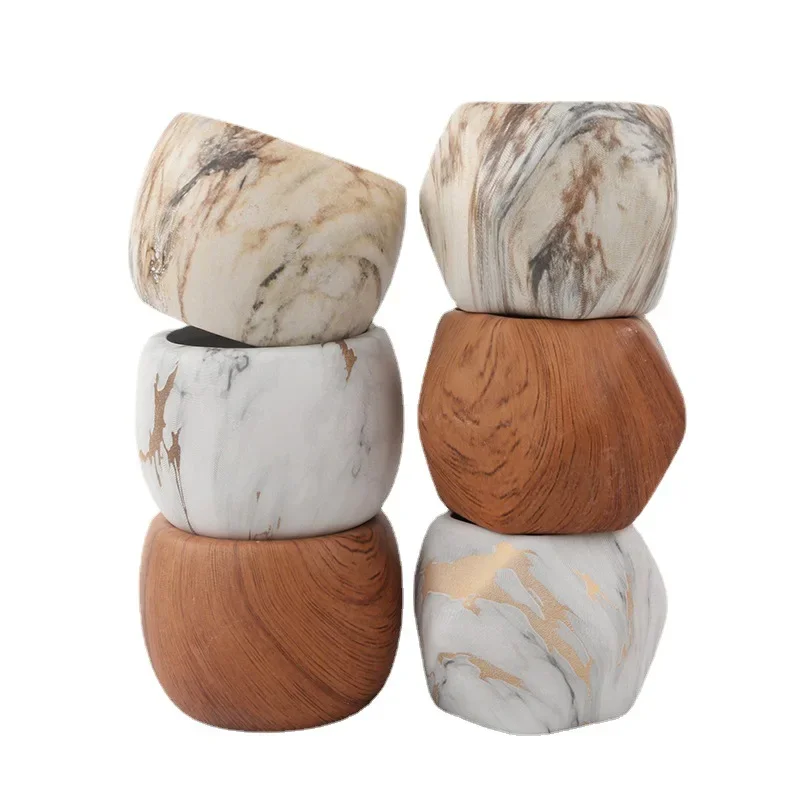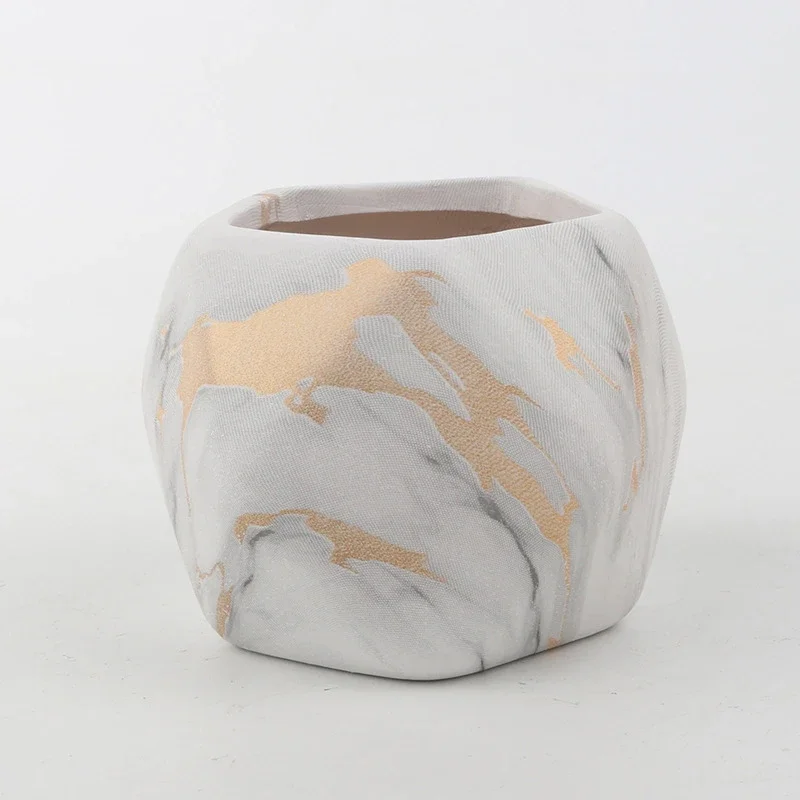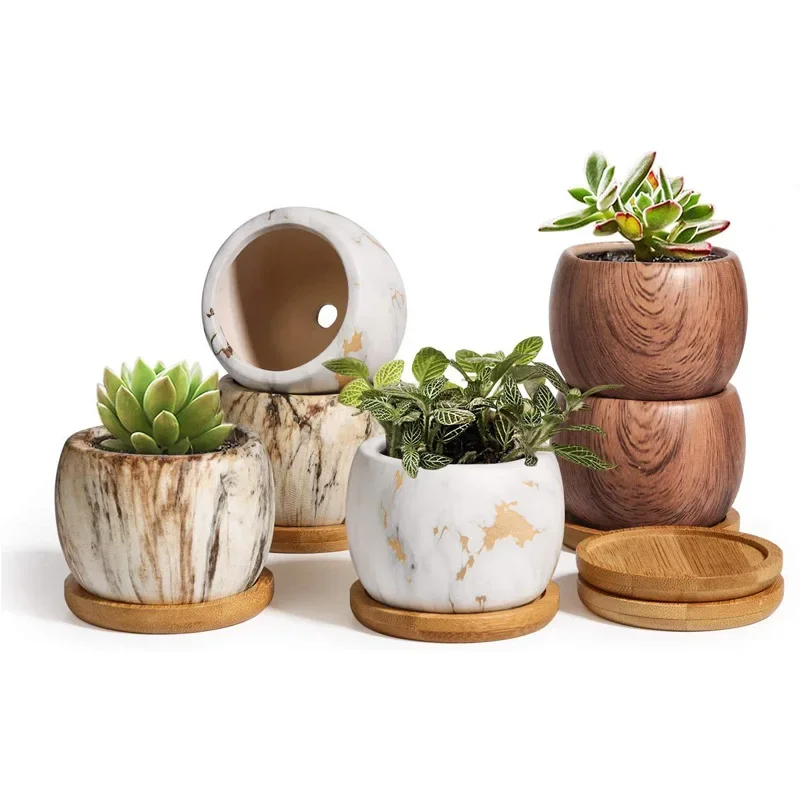Identifying Ant Nests in Your Garden
Ants can be a persistent nuisance in gardens. Recognizing their nests is crucial for effective management.
Where Ants Commonly Build Nests
Ants often build nests in protected or concealed areas. Typical nesting sites include under eaves, rocks, or bricks. They are also commonly found around deck railings and tree trunks. In gardens, ants might set up nests beneath flower pots or within cracks in pathways.
Recognizing an Ant Nest in Flower Pots
Identifying ant nests in flower pots involves looking for small piles of soil or sand. These piles might appear as dome-shaped structures on or around the pot. Observing lines of ants moving towards or away from a pot can also indicate a nest’s presence inside.

Natural Repellents to Prevent Ant Infestations
Using natural repellents is a safe way to keep ants out of your garden and home. These solutions often use substances found in nature, reducing the risk of harming beneficial insects or pets. They can be easy and cost-effective, making them a popular choice for many gardeners.
Benefits of Using Natural Ant Repellents
Natural ant repellents offer several advantages:
- Eco-friendly: They reduce environmental impact.
- Safe for pets and children: Natural options are less likely to pose health risks.
- Multi-functional: Some also repel other pests and can enhance garden health.
- Easy to DIY: Many natural repellents can be made with household items.
Common Natural Repellents for Ants
Here are some widely-used natural substances for keeping ants away:
- Cinnamon: Sprinkle ground cinnamon around flower pots to discourage ants.
- Vinegar: Mix vinegar and water in equal parts and spray it around affected areas.
- Essential oils: Oils like peppermint, tea tree, and lemon can deter ants. Use a few drops in water for a natural spray.
- Boric acid: This can be a natural ant killer when mixed with sugary bait.
- Diatomaceous earth: Sprinkle this around the garden to kill ants without toxic chemicals.
Remember, consistency is key when using natural repellents. Regular application ensures ants stay away from your flower pots.
Chemical Repellents and Their Usage
When natural methods fall short, chemical repellents come into play. These repellents are stronger and faster-acting compared to their natural counterparts. They are designed for those facing severe ant infestations and looking for immediate results.
Understanding the Role of Chemical Ant Repellents
Chemical ant repellents serve as a barrier. They stop ants from entering an area like a flower pot. These repellents contain substances that ants find unpleasant or toxic. When used correctly, they can keep ants at bay for an extended period.
Popular Chemical Solutions for Ants
Several chemical repellents are popular for their effectiveness. Here are a few:
- Ant baits: These are traps that contain poison mixed with attractants. Ants take the bait back to their colony, which ultimately kills many ants.
- Ant sprays: Easy to use, these sprays kill ants on contact. They also provide a residual effect to deter new ants from coming.
- Insecticide dusts: When sprinkled in areas where ants travel, they cling to their bodies and poison them.
- Granular pesticides: These are spread around the garden. They work by killing ants as they come into contact with the granules.
While chemical solutions are effective, always handle them with care. Follow the label instructions to protect yourself, pets, and the environment.

Strategies to Eliminate Food Sources for Ants
One effective strategy for keeping ants out of flower pots is eliminating their food sources.
How Food Attracts Ants to Your Flower Pots
Ants are drawn to food. They can detect food smells from far away. Sweet substances like sugar and syrup are especially appealing to them. Flower pots often collect food particles and spills which attract ants.
Ways to Remove Ant Food Sources Around Flower Pots
Here are some practical steps to minimize food attractions:
- Clean Regularly: Sweep around flower pots regularly. Remove any food debris or spills.
- Use Tight-Sealing Containers: Store food and garbage in sealed containers. This reduces smells that attract ants.
- Rinse Flower Pots: Occasionally rinse flower pots. This removes any sticky residues that might attract ants.
- Control Other Pests: Eliminate aphids and other insects. These pests can produce honeydew, a favorite food for ants.
By implementing these strategies, you can significantly reduce ant infestations in your garden.
Timing Ant Activity and Lifecycle
Understanding When Ants are Most Active
Ants show increased activity during certain times of the year and day. Most ants become busy in the warmer months, especially in spring. This is when they emerge to forage. By summer, we see flying ants. These are female queens venturing out to mate. Also, ants prefer night for their activities. They leave the nest shortly after sunset to find food. We often see well-worn paths in grass from their regular trails.
Ant activity can also depend on the weather. They may seek shelter in dry flower pots during rainy days. So, watch for ant activity during these prime times to protect your pots.
The Lifecycle of Ants and Impact on Infestation
Understanding the ant lifecycle helps control infestations. Ant life spans vary. Male ants live just a few weeks, long enough to mate. Worker female ants survive a few months, serving the colony. The queen can live for many years, laying thousands of eggs.
A single ant queen can establish a colony that lasts for years. So, removing her and her larvae is key to long-term ant control in flower pots. Use this lifecycle knowledge to time your repellent and extermination efforts for the best results.
Professional Solutions for Ant Control
When natural and chemical methods don’t work, it’s time to call in the pros. Professional exterminators have the tools and experience to handle problematic ant infestations quickly and efficiently.
When to Seek Professional Ant Extermination
You should consider professional ant control when:
- You have large colonies that home remedies can’t manage.
- Ants keep coming back, despite your best efforts.
- You find carpenter ants, which can damage your home.
- You suspect a serious infestation of red or Pharaoh ants, which can be more challenging to control.
Acting quickly is vital. A professional can identify the type of ant and use the right methods to get rid of them.
How Professionals Deal with Ant Problems in Gardens
Here’s what pros typically do:
- Inspect your garden thoroughly to find all ant nests.
- Use specialized baits and chemicals that are more effective and less available to the public.
- Apply treatments strategically to disrupt the ant life cycle and prevent future colonies.
- Offer advice on how to keep ants out of flower pots and provide regular maintenance services if needed.
Professionals gear their solutions to the specific type of ant, ensuring a targeted and effective approach.

Preventive Measures to Keep Ants Away from Flower Pots
To protect your flower pots from ant invasions, preventive measures are your best defense. By taking proactive steps, you can create an environment that’s less attractive to ants.
Regular Maintenance to Deter Ants
Keep your garden clean and tidy. Regular maintenance is essential to prevent ant infestations. Here are some tips:
- Sweep away debris and dead leaves. These can hide ant nests.
- Wash flower pots periodically. Use soapy water to remove any residue.
- Trim plants and control their growth. Overgrown vegetation can provide shelter for ants.
- Be consistent with your efforts. Make maintenance a regular part of your gardening routine.
Following these steps regularly will make it harder for ants to settle in your garden.
Sealing Entry Points and Sanitizing Garden Areas
Sealing entry points is a crucial step to keep ants out. Take the following actions:
- Seal cracks and crevices in flower pots. Use an appropriate sealant.
- Check for gaps around garden fixtures. Fill in any openings you find.
- Keep garden tools clean and sanitized. Dirty tools can spread ants around.
- Use lighting wisely. Bright lights can attract ants at night.
By sealing up entry points and keeping the garden clean, ants will have fewer opportunities to invade your flower pots.
